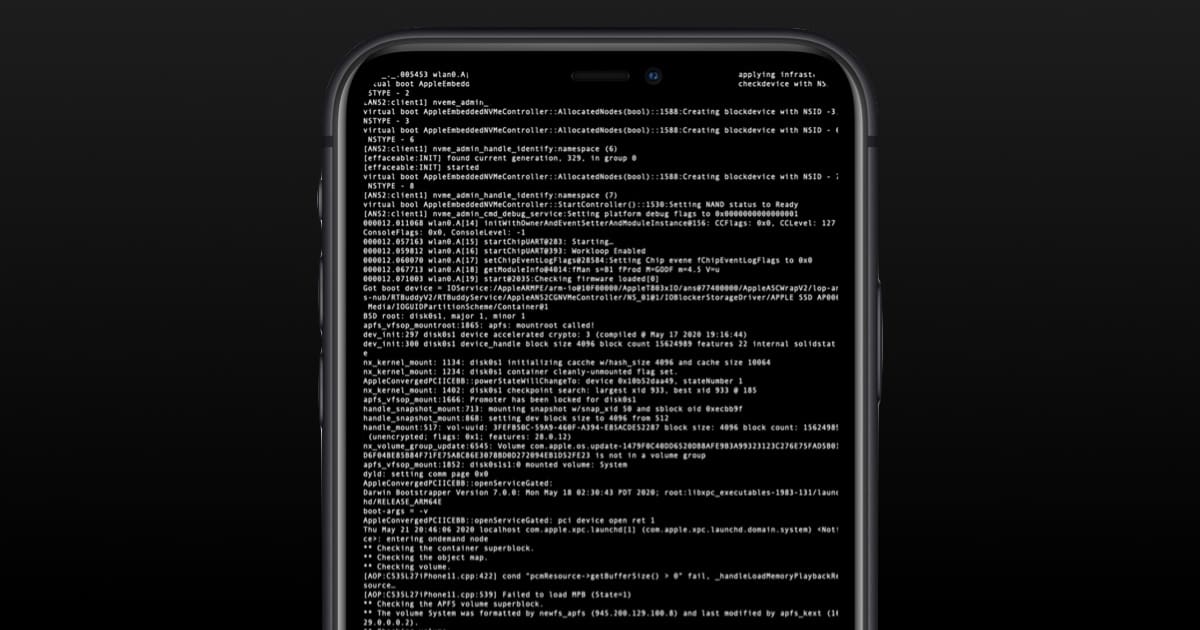Patrick Howell O’Neill shared an interesting argument for MIT Technology Review: Apple’s locked-down ecosystem is both good and bad for security.
He argues that while the iPhone’s security is getting tighter as Apple invests millions to raise the wall, the best hackers have their own millions to buy or develop zero-click exploits that let them take over iPhones invisibly. These allow attackers to burrow into the restricted parts of the phone without ever giving the target any indication of having been compromised. And once they’re that deep inside, the security becomes a barrier that keeps investigators from spotting or understanding nefarious behavior.
Put another way: Apple’s locked down systems naturally select for the best hackers. And the best hackers have the skill to create the most devastating hacks. “This means that even to know you’re under attack, you may have to rely on luck or vague suspicion rather than clear evidence.”
Check It Out: How Apple’s Walled Garden is a Double-Edged Security Sword

Hello Andrew:
Just testing to see if my comments are loading. Submitted one yesterday that never posted.
Thanks
Hi, this one looks like it works.
I tried posting it again, but was informed that it looks like I’ve already posted that comment. Apparently, it’s somewhere in the aether preventing a repeat post. Pity.
The article referenced is basically a “Run for the hills, we’re all doomed!” piece which says we’re better off with the more vulnerable phone than the one that is hackable only by the 1% best hackers in the world. Sensationalist claptrap.
The takeaway should be a more reasonable ‘never assume that your phone is impermeable’. Nothing sensational about that. But instead it’s ‘Beware, the more secure your phone, the greater risk for you.’